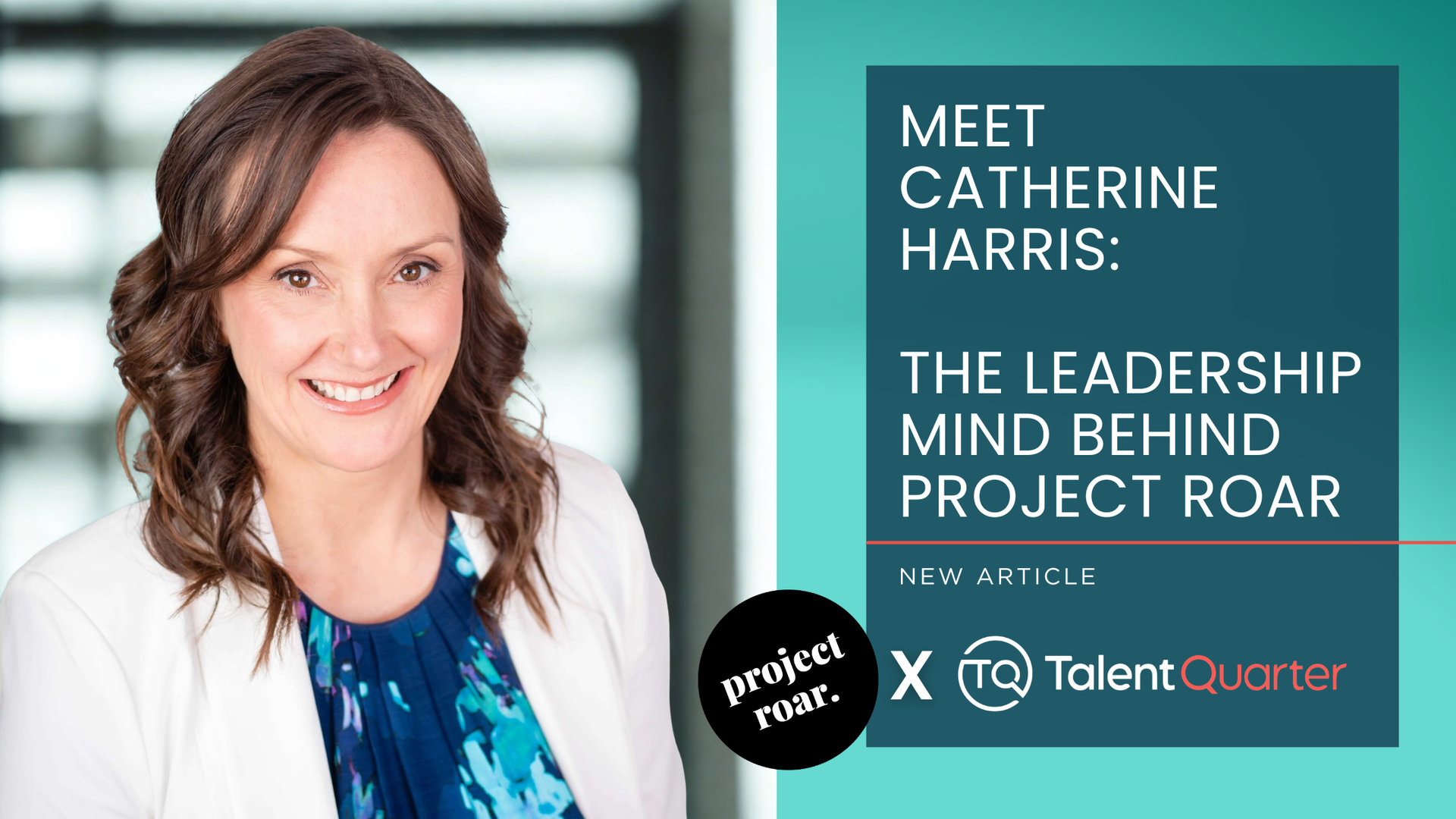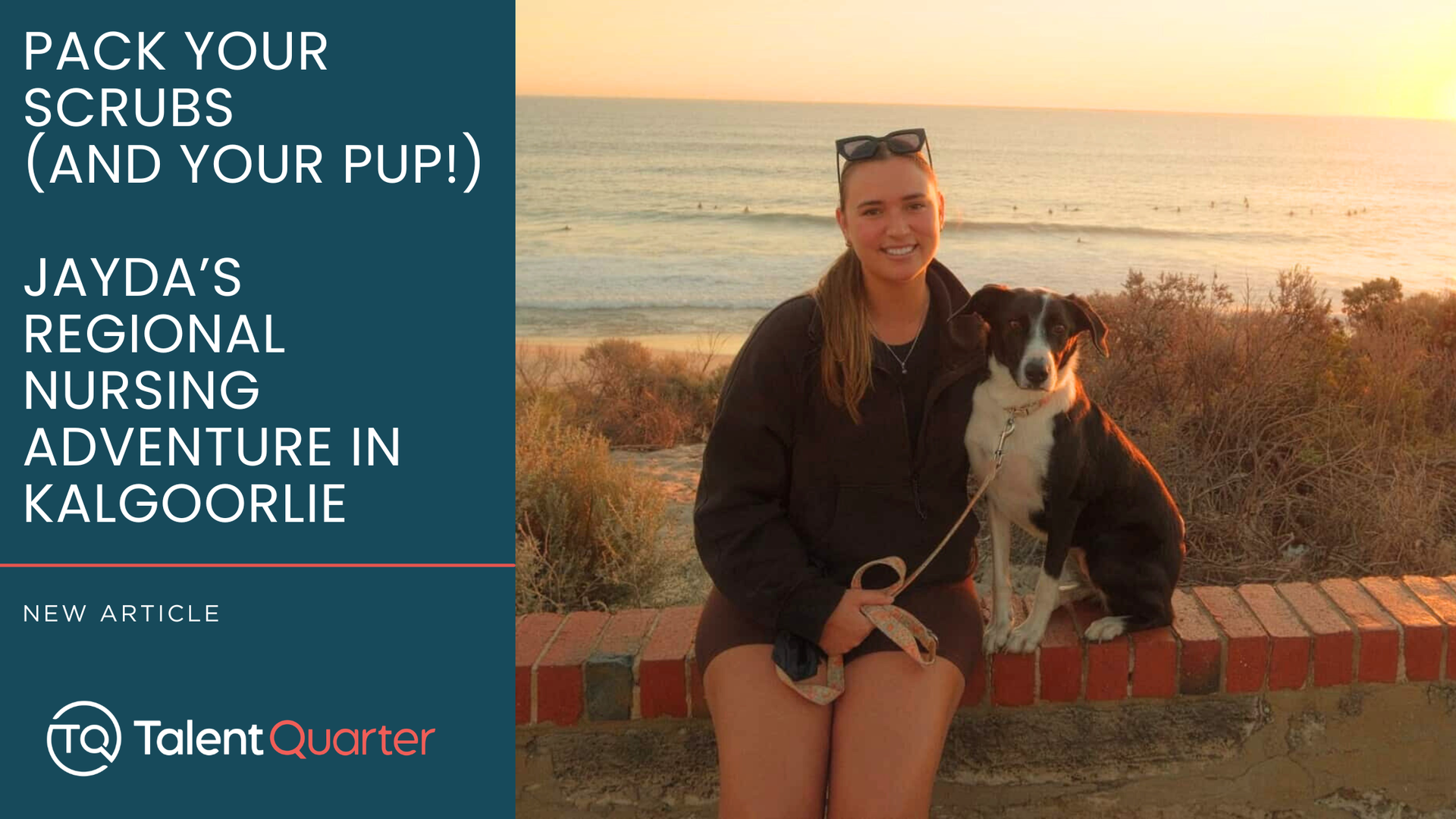Important safety steps for remote health workers
Workers in remote locations can be at greater risk of mental, and sometimes even physical, harm.
While these workers play such a valuable role in their communities, the reality is they are often working away from home in unfamiliar settings where help is not always nearby. Therefore, safety needs to stay front of mind to reduce the risk of injury, illness and death.
It’s something that is not lost on us at Talent Quarter as we place nurses, allied health workers and social workers in jobs at remote locations across the country, from Kalgoorlie in Western Australia to Cape York in Far North Queensland.
While we have checks and balances in place, it’s crucial that workers being placed in remote and rural areas have a good sense of their own safety from the get-go.
Understanding the risks
Communities in remote areas can sometimes have high levels of unemployment, mental health issues and crime. It is important to understand the specific issues that apply in the area you are moving to, as well as the support available to you.
Before starting a job in a remote location, you should consider questions including: What kind of community are you going into? Where are the closest emergency services? If you’re feeling isolated, who can you call for support? What are you going to do if you find yourself working with equipment you aren’t confident operating? Are you equipped to deal with challenging work scenarios?
It’s also important to research the community you’re relocating to ensure you are aware of the culture, people and challenges you will encounter.
When you arrive at your new location, safe accommodation with lockable doors and windows is a must.
Gayle’s Law
Health workers should never work on their own.
In South Australia and Queensland legislation referred to as ‘Gayle’s Law’ requires remote health workers to be accompanied when going on unscheduled or after-hours callouts.
The law is named after Gayle Woodford who was raped and beaten to death in 2016 while she was the on-call nurse in the remote town of Fregon on the Anangu Pitjantjatjara Yankunytjatjara (APY) Lands in South Australia.
She was lured out of her house by a man who claimed there was a medical emergency.
It’s a tragedy that highlights the need to take extra precautions when working in remote communities.
Fatigue and workplace hazards
It’s second nature for health workers to want to help people.
Even if they’re taking a well-earned break following a 12-hour shift, they won’t hesitate to care for a patient in need.
Fatigue can increase the risk of injury in the workplace, so it’s important for health workers to take the necessary breaks and only work the amount of overtime they’re legally allowed to do.
Those from metropolitan areas may also find themselves working with equipment they aren’t familiar with, which can pose an injury risk. Hoists in regional hospitals, for example, may be older than those they are used to working with.
Checks and balances
It’s important for employers and recruitment agencies to stay connected to people they place into jobs in remote areas.
Workers need to know there is someone they can call anytime, anywhere for help. That includes in the wee hours. Recently I took a call from a nurse at 5.45am as she was experiencing issues with a connecting flight to a remote area.
At Talent Quarter, we also make regular safety calls to see how a worker is going, to ensure they feel happy and safe.
Working remotely is tough – you’re away from your loved ones, operating in an isolated environment and, in some cases, under really challenging circumstances.
We ensure our placements, like our internal employees, have access to employee assistance programs (EAPs) that provide free, professional and counselling services.
A final word on safety
My team would never place anyone in a situation where we wouldn’t place our mothers, fathers, sisters or brothers. My husband works in a high-risk role, so workplace safety is something I’m really passionate about.
“Everybody has the right to leave home for work and return home safely.”
Jan Bannerman
Managing Director, Talent Quarter


Talent Quarter is a trusted healthcare recruitment partner in Australia, connecting qualified nurses, doctors, allied health professionals and carers with organisations in need. We provide locum, permanent, travel and shift-based roles, delivering workforce solutions that strengthen teams, improve retention and safeguard patient care.
LET’S GET CONNECTED
#ConnectionsWithImpact
QUICK LINKS
FIND TALENT
FIND JOBS

Talent Quarter is a trusted healthcare recruitment partner in Australia, connecting qualified nurses, doctors, allied health professionals and carers with organisations in need. We provide locum, permanent, travel and shift-based roles, delivering workforce solutions that strengthen teams, improve retention and safeguard patient care.
LET’S GET CONNECTED
#ConnectionsWithImpact
QUICK LINKS
FIND TALENT
FIND JOBS

In the spirit of reconciliation, Talent Quarter acknowledges the traditional custodians of country throughout Australia and their connections to land, sea and community. We pay our respect to their elders past and present and extend that respect to all Aboriginal and Torres Strait Islander peoples today.
We welcome all cultures, all religions, all colours, all beliefs, all ages, all sizes, all types, all people.

We welcome all cultures, all religions, all colours, all beliefs, all ages, all sizes, all types, all people.

In the spirit of reconciliation, Talent Quarter acknowledges the traditional custodians of country throughout Australia and their connections to land, sea and community. We pay our respect to their elders past and present and extend that respect to all Aboriginal and Torres Strait Islander peoples today.

We welcome all cultures, all religions, all colours, all beliefs, all ages, all sizes, all types, all people.
Talent Quarter. All rights reserved.
Talent Quarter. All rights reserved.


